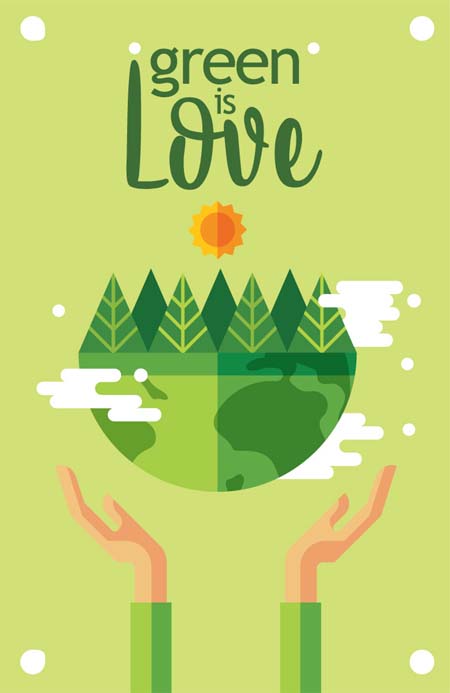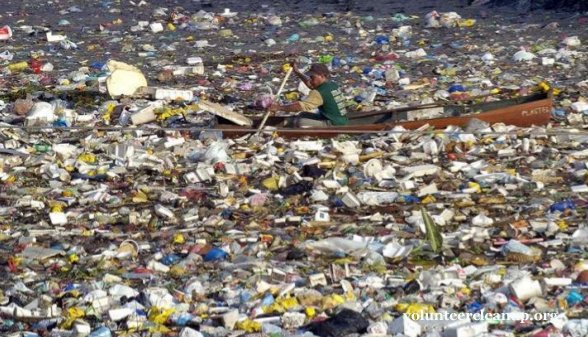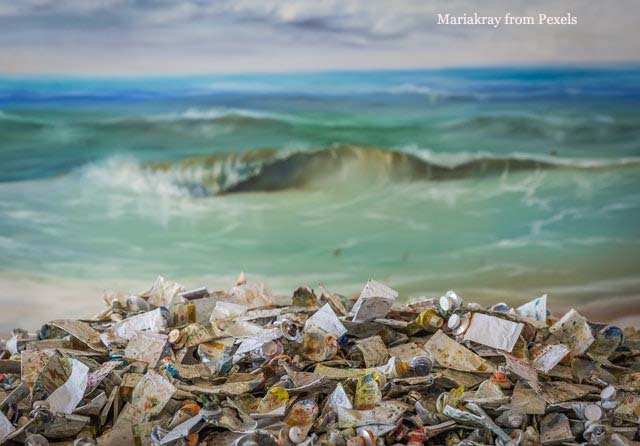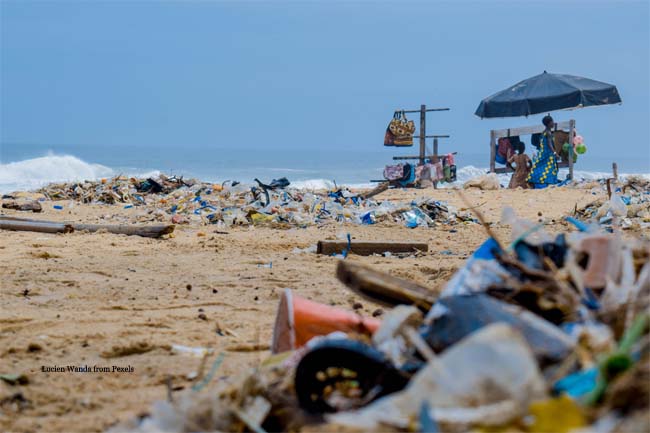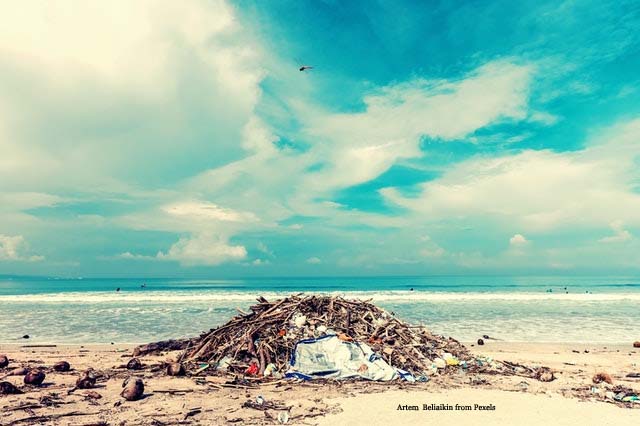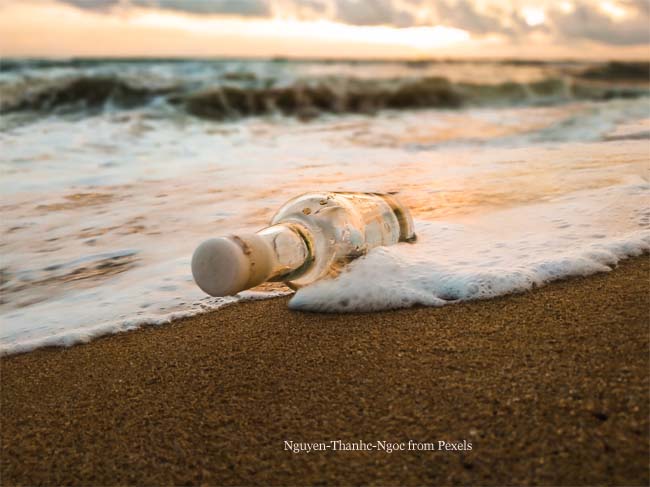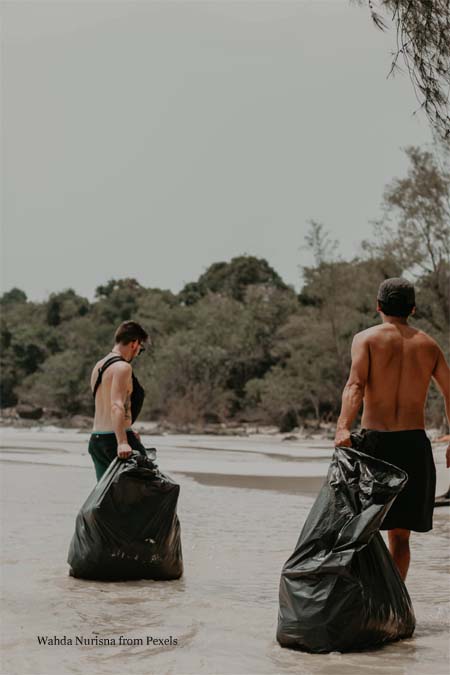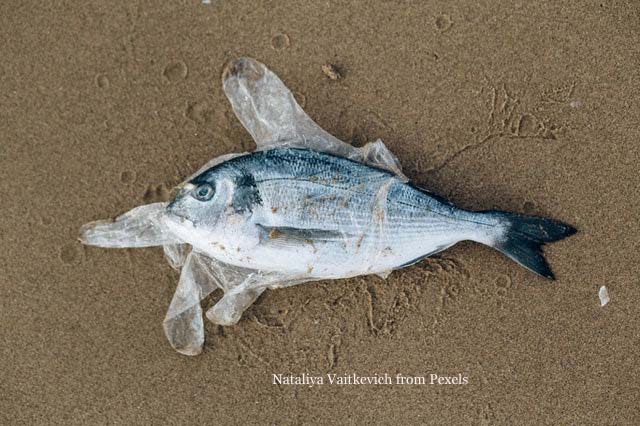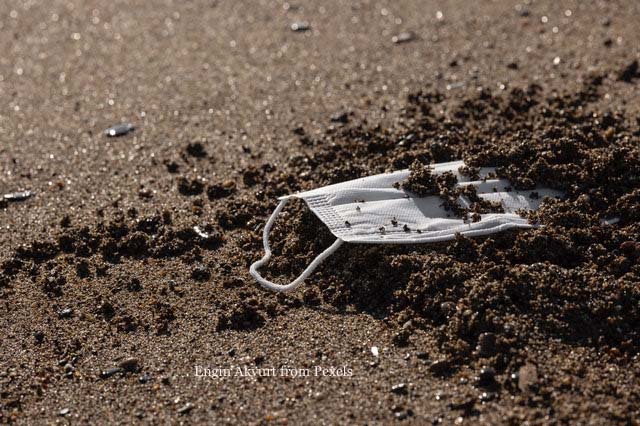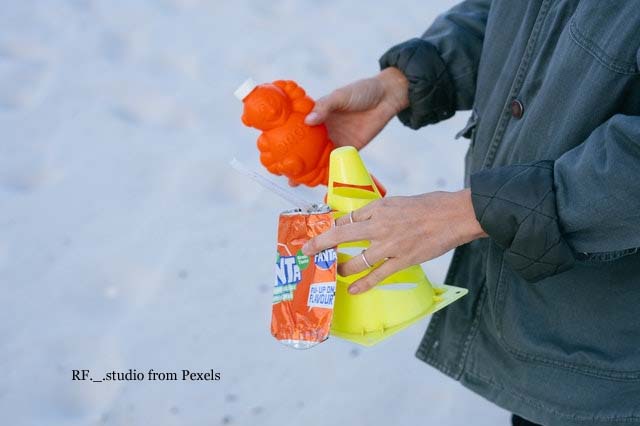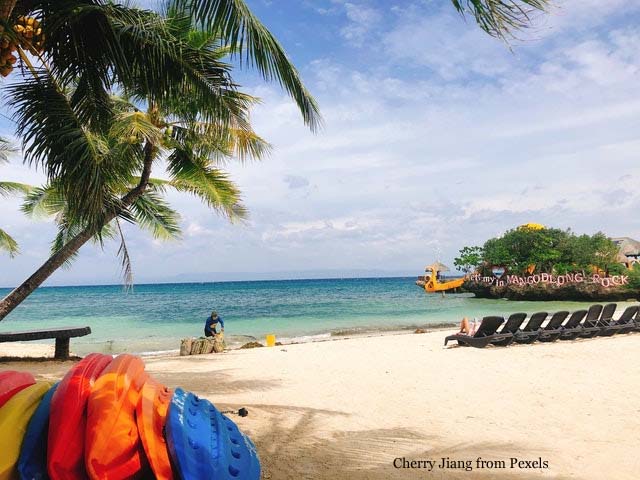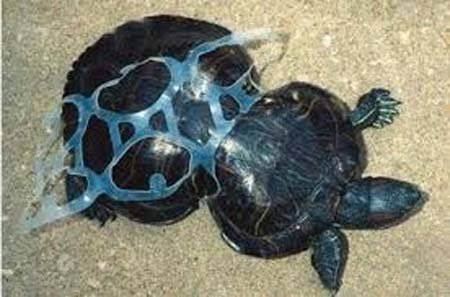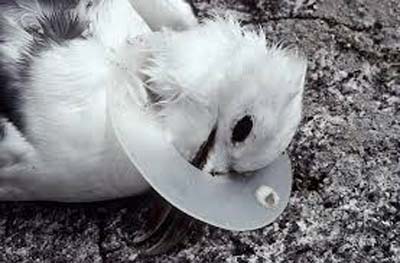Ocean Garbage Update 2
GREEN IS LOVE
Recently, an article in one of our newsletters (and on our website) attracted the attention of a Field Volunteer Coordinator of Green is Love, a community organization with the mission to ‘spread the message of conservation and eco-conscious living throughout and beyond our community.’
Members of the organization accomplish this goal, not just with online material, but through their actions. They take their roles as eco-advocates within the community very seriously because they understand that actions usually speak louder than words.
SCHOOL-AGED
CHILDRENS' PROGRAMMING
An important part of the mission of Green is Love is to teach conservation to the next generation through school-aged children’s programming. The members hope this will begin to instill in children a deep love and appreciation for nature and help to prepare them to live a green life as a new norm.
The member who contacted us had been working closely with her local community center to create a program, aimed towards children, about keeping our community clean, saving the environment, climate change, and how we all can help by going green. Her research led her to our article, Ocean Garbage Update, which she felt was a great jumping off point for going green that she could share with her group.
ASHLEY
One of the young girls who had just started high school in the fall and has been volunteering with the organization was inspired to help with research. Ashley, the young girl, found a very informative article filled with excellent information about ocean plastic pollution.
This in turn inspired the Field Volunteer Coordinator of Green is Love to contact us to ask if we could include the article on our website to show Ashley how appreciative she was for her willingness to research and share important information with others.
After going through the article, we are pleased to include it on our website on this page with a link from our ocean garbage article.
ASHLEY'S ARTICLE
Below are the results from Ashley’s research. Thank you, Ashley, for being such a good Digital Citizen and for your willingness to research and share that research with others!
GUIDE TO MARINE PLASTIC POLLUTION
Plastic can be found in many of the items that people use on a daily basis. Despite the benefits that make it popular, the overuse of plastic is taking a heavy toll on the environment, particularly the ocean.
For many years, throwing away a plastic bottle was done with little thought, and even today, many people routinely toss away plastic goods such as straws, utensils, or bags without considering what happens to them.
Many of these items make their way into rivers and eventually the ocean, where they leach chemicals into the water that harm both human and animal health. For instance, fish are exposed to these toxins and ingest them, and then people who eat the fish are also exposed to these chemicals. Over time, this can cause problems such as birth defects or cancer.
Plastics such as bottles, netting and straps, soda rings, and pellets further threaten wildlife in a number of ways. Seabirds, for example, often consume plastic, which they may inadvertently feed to their young, harming or killing them in the process. And sea turtles and other marine life frequently become trapped and tangled in plastic debris, which can cause suffocation, starvation, lacerations, and death.
Plastic debris in the ocean can accumulate in gyres or circulating ocean currents. This debris attracts other marine pollutants and continues to grow as more plastics make their way into the gyre, creating large marine trash vortexes. The largest of these is known as the Great Pacific Garbage Patch. It is located in the North Pacific Ocean and is currently estimated at three times the size of France.
Trash vortexes such as the Great Pacific Garbage Patch continues to grow in size because most types of plastic are non-biodegradable. When a plastic bottle is tossed into the water, it cannot be transformed over time into a harmless state by natural means. Instead, it may break into smaller pieces of plastic called microplastics that remain a part of the vortex.
Fortunately, the more people understand plastic ocean pollution, the more chances there are that action will be taken to reduce it.
Below are links to more articles about ocean garbage...
The Problem of Marine Plastic Pollution
From the Clean Water Action website explaining all about marine plastic pollution and the problems that it creates.
Ocean Plastic Pollution: Our Ocean's Biggest Threat
Information about the deadly impact of plastic pollution on marine animals from the Australian Marine Conservation Society.
This page from the EcoWatch website provides educational facts about plastic pollution.
Plastic Oceans: How You Can Help
This infographic from Plastic Oceans provides nine simple actions that can help.
Facts and Figures on Marine Pollution
A list of marine pollution facts and figures from the UNESCO website.
Plastic Pollution and its Solution
From Sailors for the Sea.org, information about marine debris, how it ends up in gyres, and what the potential solutions are.
This page from the Monterey Bay Aquarium helps explain the cycle of plastic pollution problems in oceans, what you can do, and what they are doing to reduce and prevent it.
Ocean Plastic a 'Planetary Crisis'
From the BBC website learn about ocean plastic and why the UN considers it a crisis for the entire planet.
This article from Woods Hole Oceanographic Institute helps to explain how plastic from one's home ends up in the ocean, how it threatens marine life, and what's being done about it.
Plastics in the Ocean Affecting Human Health
This page from Teach the Earth includes information on plastic islands, sources of plastic toxins, and plastics impacting human and animal health.
Plastic Pollution is Killing Coral Reefs
This NPR article is about a four-year study on how the millions of tons of plastic that end up in the ocean on an annual basis are harming coral reefs.
From Scholastic's ScienceWorld, this article is where parents and children can learn about the plastic that is polluting the ocean and how to turn the tide and keep the ocean cleaner.
Health of Seabirds Threatened as 90 Per Cent Swallow Plastic
This article from the Imperial College London website explains how plastic threatens seabirds.
10 Ways to Reduce Plastic Pollution
Suggestions from the National Resource Defense Council website on ten ways to help to reduce plastic pollution and help keep our marine life from eating and swimming in garbage.
Popularity of Plastic Takes Toll on Oceans, Puts Human Health at Risk
A 2018 resource from the Harvard T.H. Chan School of Public Health cites statistics regarding plastic and discusses how its use is negatively impacting the oceans and human health.
Trash-Free Seas: Plastics in the Ocean
Visitors to this site from the Ocean Conservancy will find information on the problem with plastic, the waste it produces, and how it affects the ocean.
A National Geographic article and slide show for anyone interested in learning about the Great Pacific Garbage Patch.
Trash Talk: What is the Great pacific Garbage Patch
A video explaining the Great Pacific Garbage Patch can be found on this page from the NOAA website.
Great Pacific Garbage Patch Now Three Times the Size of France
A CNN report about how the Great Pacific Garbage Patch is growing faster than expected.
Plastic Within the Great Pacific Garbage Patch Is 'Increasing Exponentially,'Scientists Find
This article from The Washington Post provides more information about the Great Pacific Garbage Patch and its growth.
"The Cleanest Clean You've Ever Seen."
by
ABC Oriental Rug & Carpet Cleaning Co.
130 Cecil Malone Drive Ithaca, NY 14850
607-272-1566
